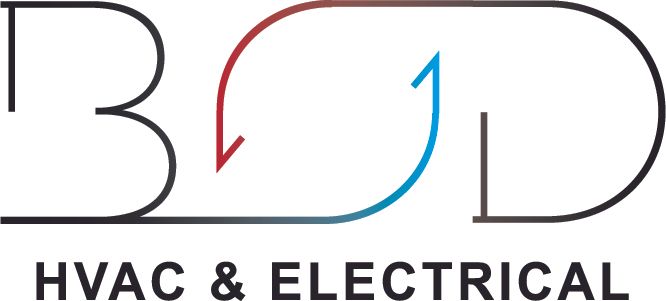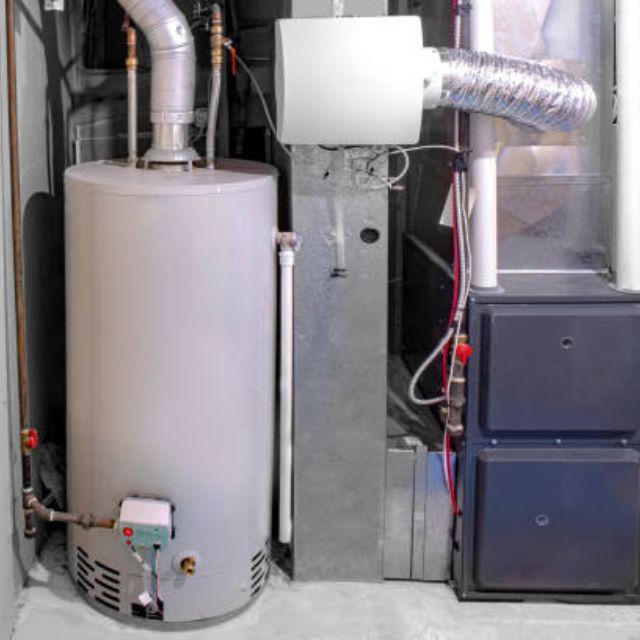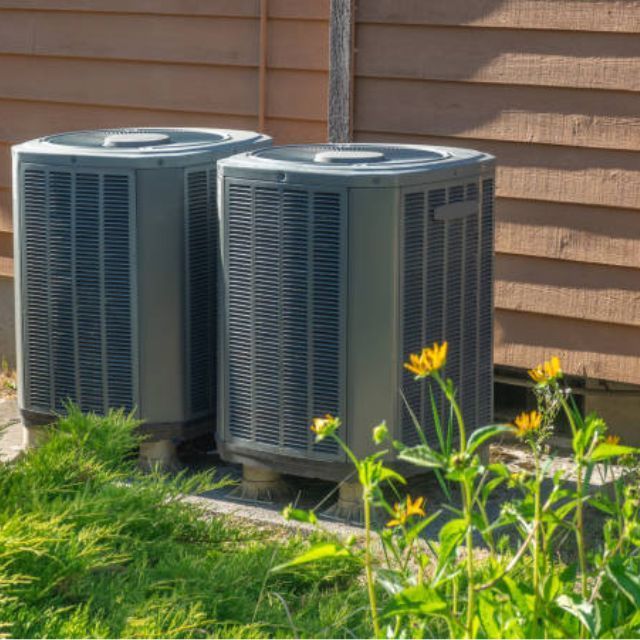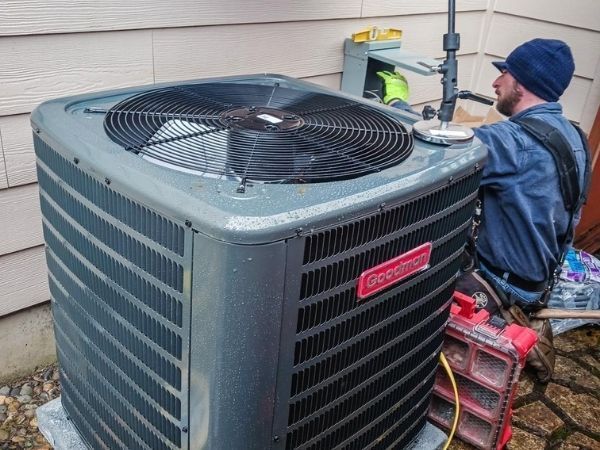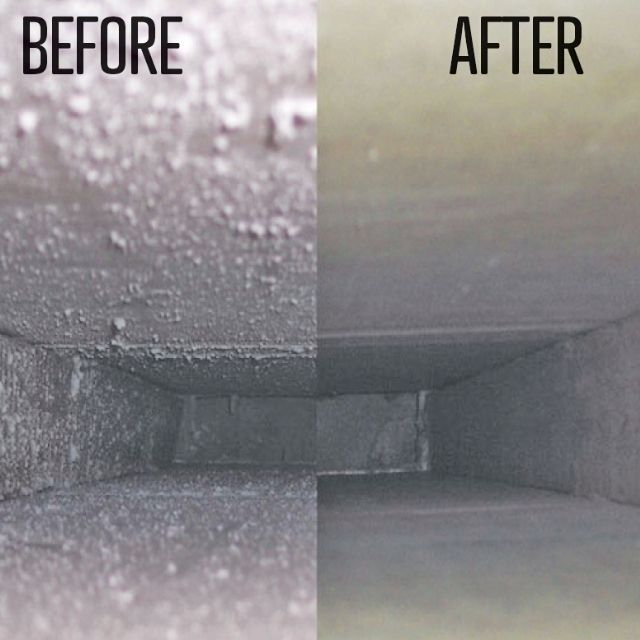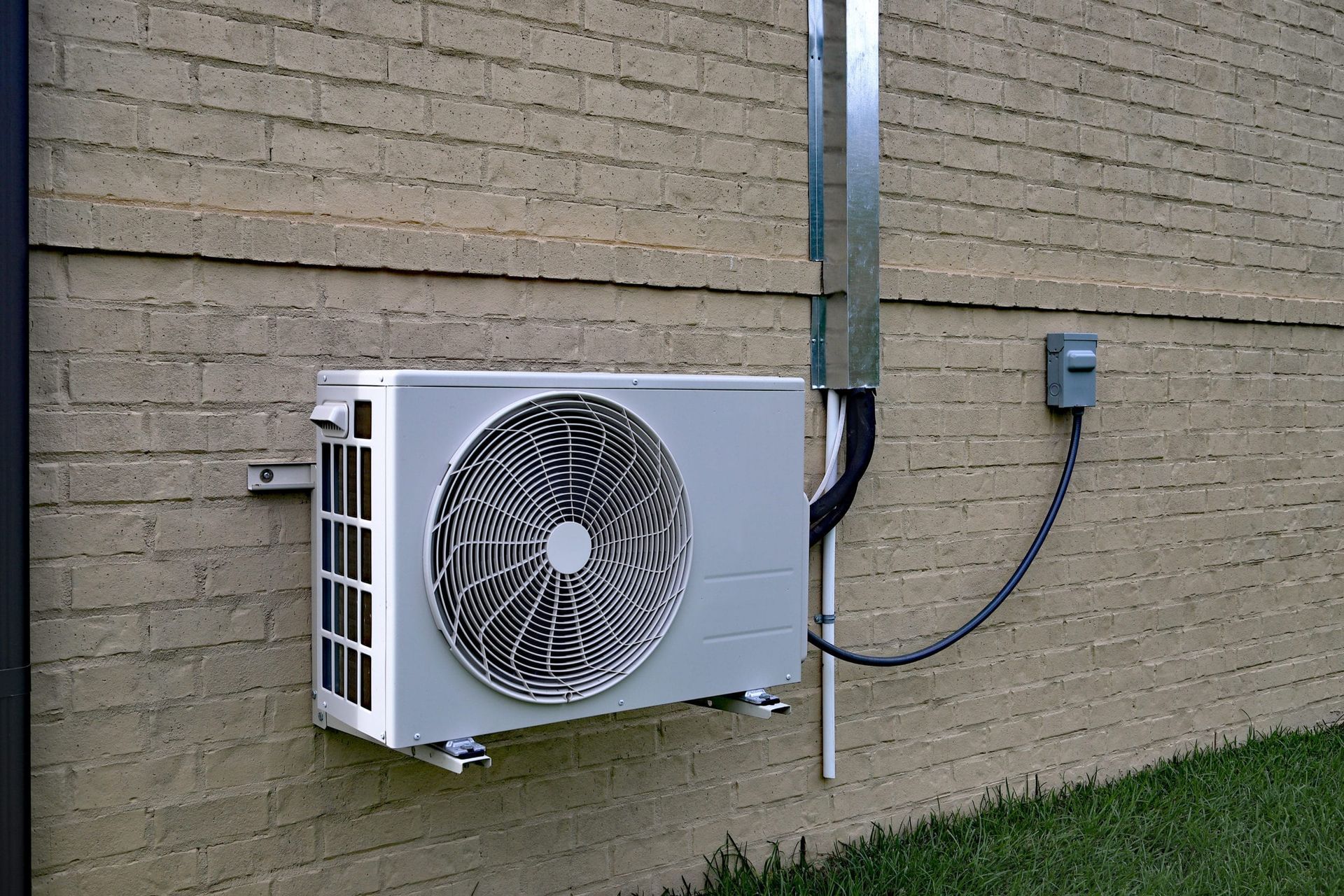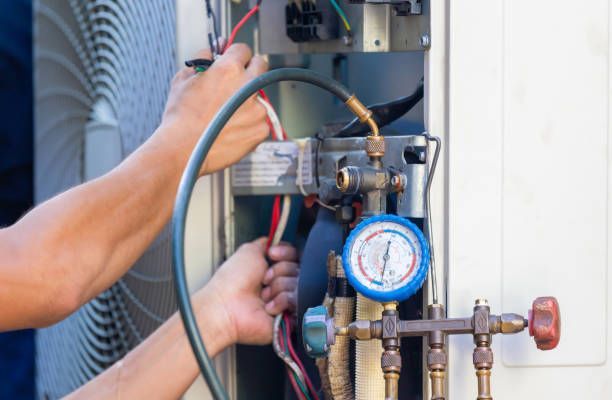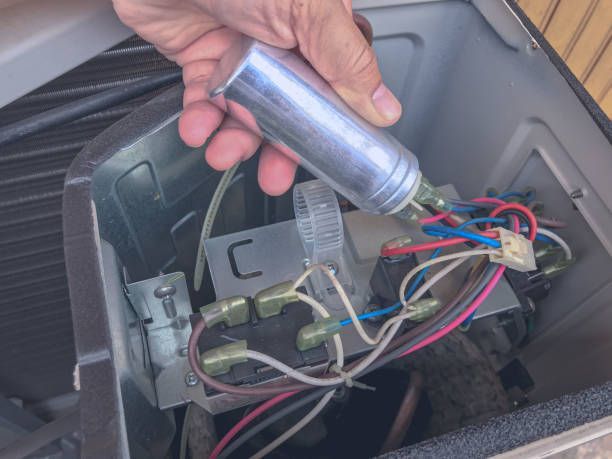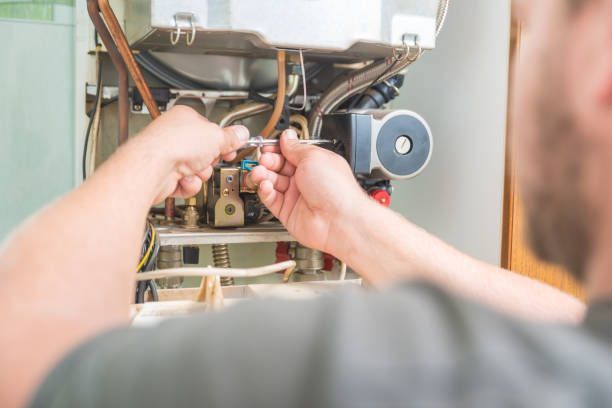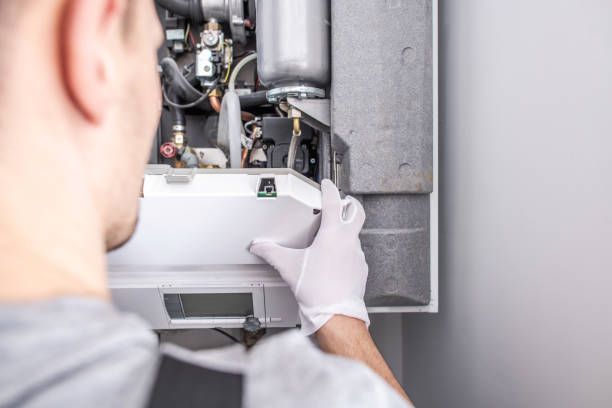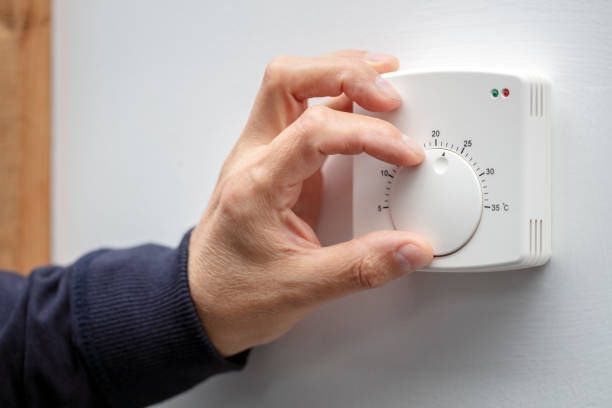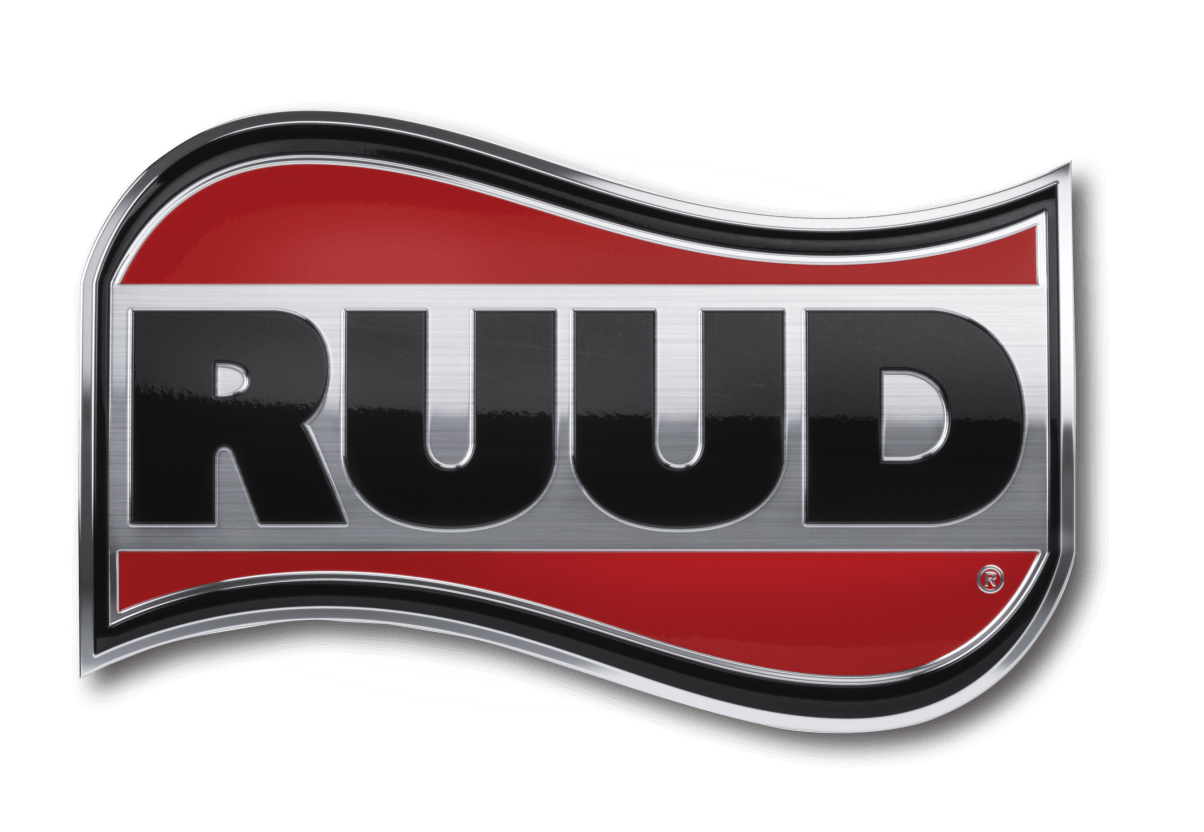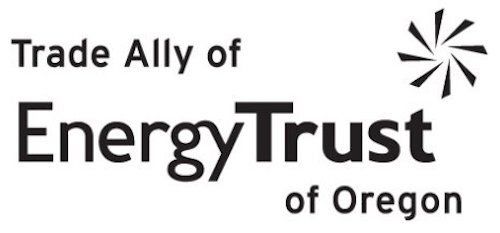How Does Geothermal Heating Work in the winter?
It may seem difficult, but using a geothermal system all winter long is feasible. Here, we explain how it operates.

Using a geothermal heating system to heat your home in the winter may be impossible. When temperatures drop, the earth often freezes, prompting concerns about how much heat can be drawn underground into a house—a lot, to be more precise. Frozen earth and subzero temperatures do not affect a geothermal system.
Just a few feet below the surface of the Earth, the temperature stays around 55 degrees Fahrenheit almost all the time. A geothermal heat pump needs only this sort of temperature difference to transfer heat from the ground and keep your house at a pleasant temperature all year round.
How Does a Geothermal heat pump work?
Heat pumps transport heat using liquid solutions known as refrigerants. Small amounts of energy can cause a refrigerant solution to change from a gas to a liquid form. In a heat pump, the compressor changes the pressure of the refrigerant to take in or give off thermal energy. Low-pressure refrigerant is colder than its high-pressure counterpart, and vice versa.
A geothermal heat pump transfers coolant from your house to the subterranean piping system. These conduits extend far enough underground to reach regions where temperatures are relatively stable. The system's compressor, expansion valve, and condenser are responsible for pressurizing and directing refrigerant flow. So long as the refrigerant is colder than the ground, it can extract heat from the earth when pumped at low pressure.
The system pulls the heated refrigerant out of the ground and increases its pressure. This makes the temperature rise even more and adds more heat that can be used to warm the whole house again. Once the house is warm enough, the refrigerant is let out of the system and flows outside at a lower pressure, where the ground reabsorbs.
Much Better Than Air-source heat pumps
A geothermal heat pump is more efficient than an air-source heat pump in cold areas because of the constant 55-degree environment underground. Heat energy is transferred not to the ground but to the surrounding air in an air-source heat pump. As the temperature drops below 30 degrees, air-source heat pumps decrease their efficiency and heating ability.
This is why you need a backup heating system, like a gas furnace, if you have an air-source heat pump. If not, a house could get too chilly throughout the harsh winter months. This problem is never encountered with a geothermal heating and cooling system. The geothermal lines, the site of the heat exchange, remain at a constant temperature that permits efficient heat capture no matter how cold it is above ground.
In a geothermal system, the heat pump never has to deal with temperatures where it starts to lose efficiency. The subsurface temperature at your location may differ from 55 degrees, according to the soil type. Still, it will stay near enough to this temperature for a geothermal system to function well, regardless.
Super-efficient
Geothermal systems typically pique curiosity due to their high energy production and consumption efficiency. Operating expenses for a geothermal system can be 20%-70% less than those of a conventional heating and cooling system, depending on location and property size. When you compare geothermal to other systems, the savings can be very different depending on how much electricity costs in your area.
This efficiency is a direct result of not using any fuel to generate heat. Equipment in the system is powered only by electricity. This means that a single unit of electricity can provide four times as much heat as an equivalent unit of oil or gas. Because geothermal heating and cooling systems do not use fossil fuels, homeowners are not exposed to toxic exhaust.
Geothermal heating and cooling systems outperform even the most efficient gas furnaces in return on investment, returning 400% of the energy you put into them. Even the most modern gas furnaces can only be about 95% efficient per unit of energy used, even though they are very efficient. A geothermal system is more than four times as efficient as a gas furnace.
Geothermal heat pumps are a renewable energy source due to their high efficiency. They only need a small amount of power to work and never directly need fossil fuels. If the sun or the wind were used to power a geothermal system, there would be only a small amount of pollution.
System size matters
Equipment size and capacity, like any other heating and cooling technology, are important in terms of energy efficiency and household comfort. The following factors influence how a system is sized:
- Size of a house
- The local weather
- The type of soil
A too-small system cannot transmit enough heat from underneath to deal with the chilly temperatures at the surface. In such a case, a household would lose energy efficiency and rely on an alternative heat source.
On the other hand, a geothermal system that is the right size avoids problems with inefficiency and not enough heat. At Best Owner Direct HVAC, we've installed hundreds of geothermal systems and know how to handle every detail. Our highly educated professionals can assess your house and calculate the size of the system required to keep you comfortable for decades. We supervise the excavation and installation of the heat pump's technical components. If you're planning new construction or a home makeover, a geothermal heat consultation with us could reduce utility expenditures for years.
Will Geothermal Heat Feel Comfortable?
How does geothermal heat make you feel? Lower electricity bills and less pollution from not using fossil fuels on-site are nice, but how does it make you feel? Geothermal heating is excellent in this respect. Due to its ongoing operation, your home will always be at a comfortable temperature.
This system runs nonstop to keep your home at a fixed temperature that you set. In other words, the heater won't require any waiting time before you can turn it on. Geothermal heating and cooling systems don't cause the tiny temperature swings of turning on a conventional furnace's thermostat. Enjoy a comfortable house with less energy expenditure thanks to this system.
Highly Experienced Professionals at Your Service
When it comes to house improvements, HVAC systems are a big deal. All brands and types of air conditioners, furnaces, and geothermal heat pumps are within the scope of expertise of our service team. We can help the equipment last longer by doing maintenance and repairs. Fixing issues like erratic temperature control and inflated energy costs can be as simple as maintaining your system. We can install your new heating and cooling systems safely at any time. Best Owner Direct is ready to help you. Book your appointment with us.
Get a Free Quote Today!
Fill out the form below and we'll get back to you as soon as we can!
Contact Us
Contact Us
Best Owner Direct is your local, independent, family-owned and operated, residential and commercial HVAC service, repair and installation team. We're a trade ally of the Energy Trust of Oregon and our certified professionals offer services for all major brands. With over 20 years of experience, our team can handle all of your HVAC needs.
Free estimates available for installations. Contact us today to learn more or to schedule an appointment!
